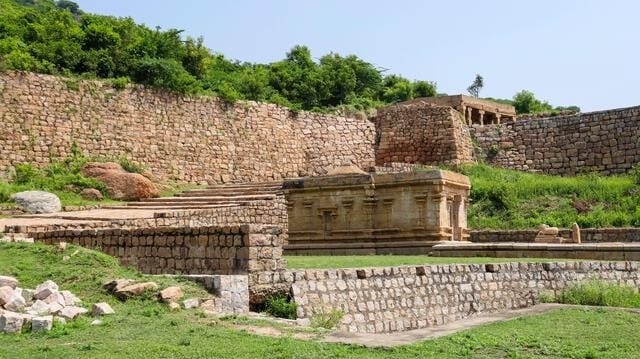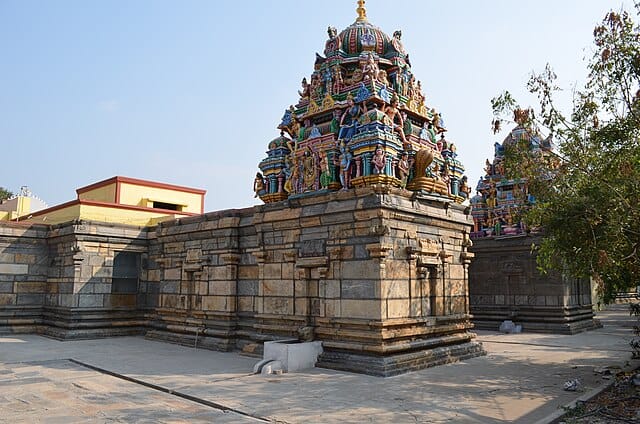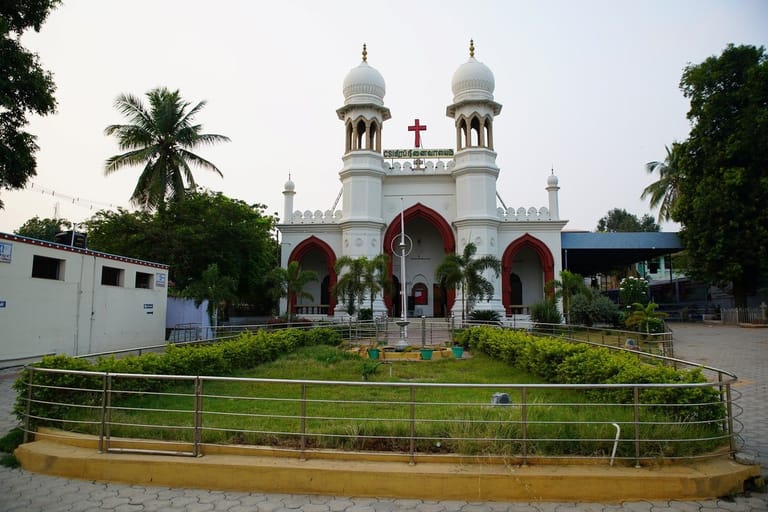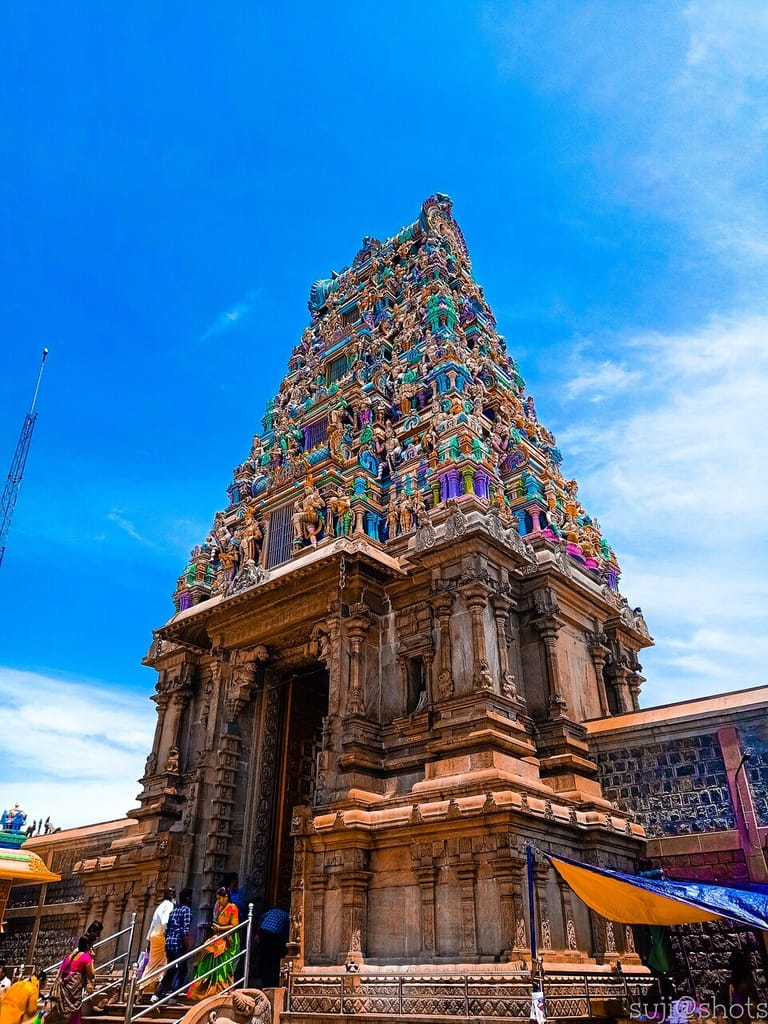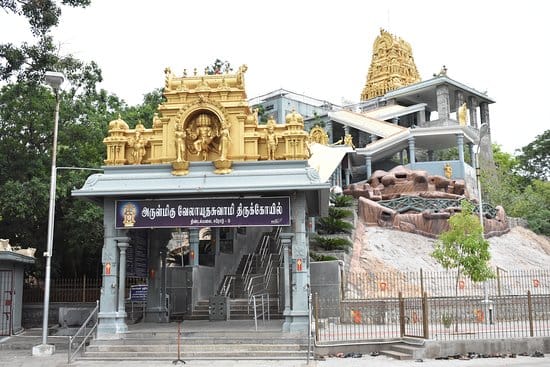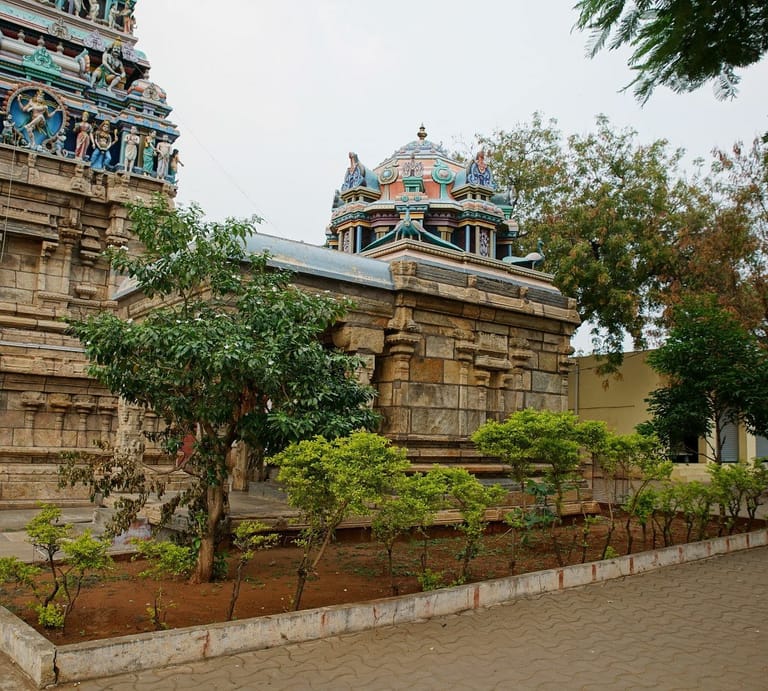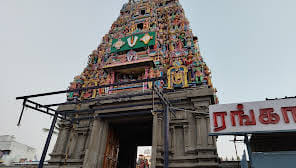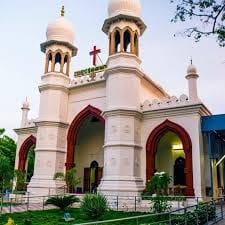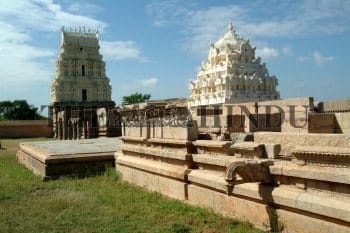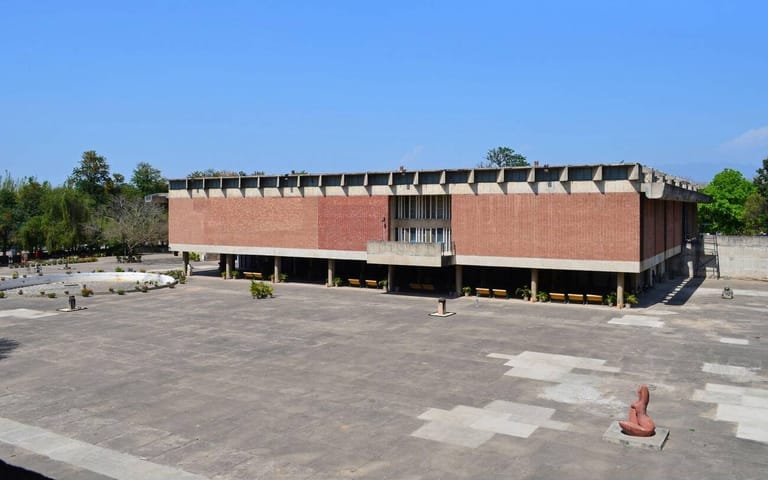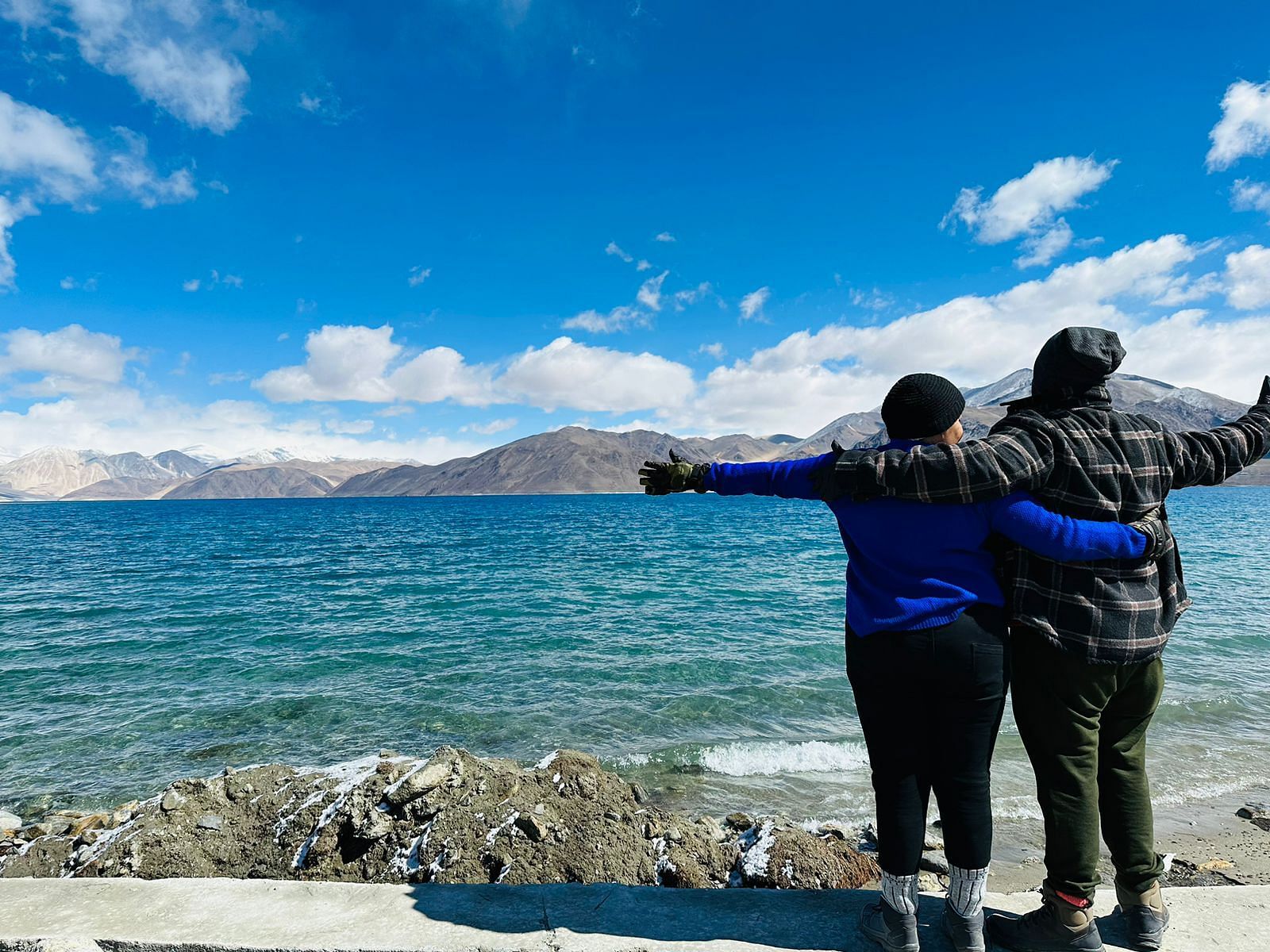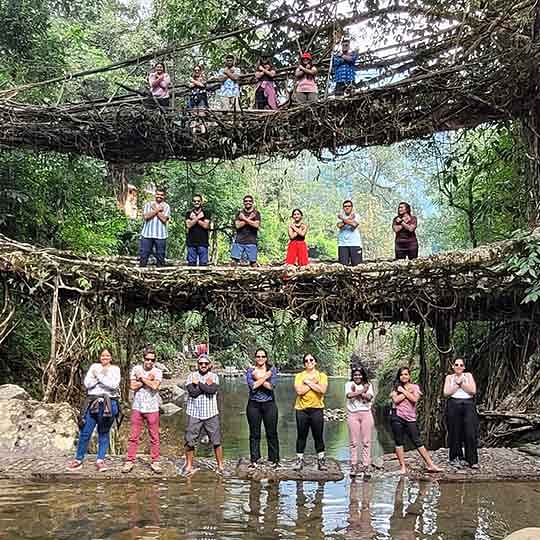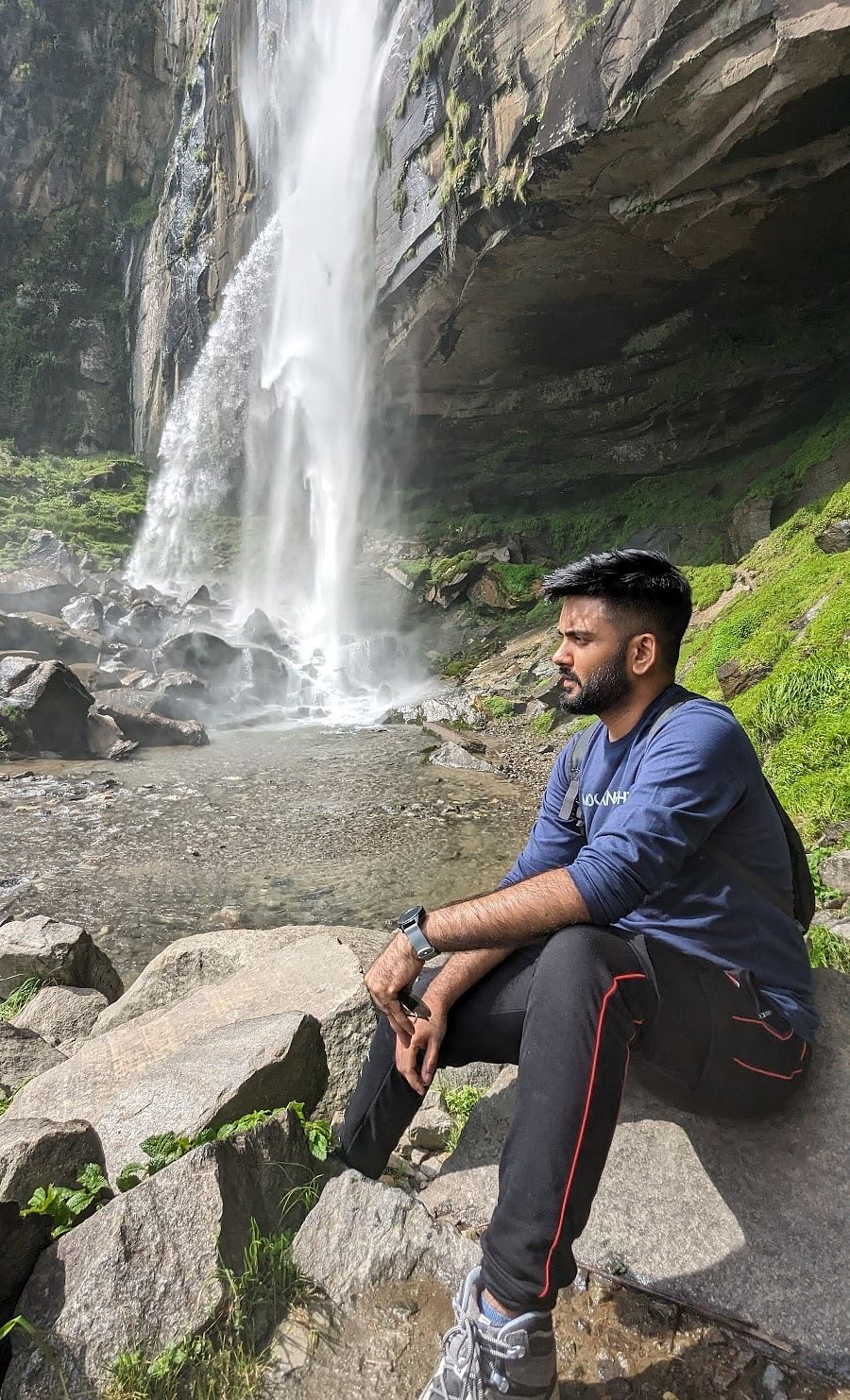Erode, nestled in the heart of Tamil Nadu, is a city that pulses with history and culture, making it one of the must-see places to visit in Tamil Nadu. While many flock to its bustling markets and scenic riverbanks, the true essence of Erode lies in its rich historical landmarks. For those with a thirst for history, the historical places in Erode offer a treasure trove of stories waiting to be discovered.Imagine wandering through ancient temples, each with its own tale etched in stone. The historical places to visit in Erode are not just relics of the past but living monuments that echo the city’s vibrant history. From the architectural marvels of the Chola dynasty to the spiritual sanctuaries that dot the landscape, Erode historical places provide a captivating journey through time.
Delve into the Erode temple history and uncover the spiritual and cultural significance that has shaped this city. The temples are not merely places of worship but are integral to understanding the region’s legacy. As you explore these Erode historical places, you’ll gain a deeper appreciation of how Erode has evolved, blending its ancient heritage with modern life. This adventure promises to be more than just a trip; it’s a voyage into the very soul of Tamil Nadu.
Suggested Read – Top 12 Shopping Places In Erode You Must Visit
Erode, a city with a rich history, has a legacy that dates back to ancient times. The name “Erode” is believed to have originated from the Tamil phrase “Eeru Odai,” meaning “two streams,” reflecting the presence of two water courses, the Perumpalayam Canal and the Kalingarayan Canal. Another interpretation suggests that the name could have been derived from the Tamil phrase “Eera Odu,” signifying ‘wet skull,’ based on a mythical story involving Dakshaprajapati and Lord Shiva.Ancient Origins
The history of Erode is deeply intertwined with the region’s past as part of the ancient “Kongu Nadu,” which was a significant territory known for its cultural and political importance during the Sangam Era. During this time, the region was initially inhabited by tribes like the “Kosars,” who were later defeated by the Rashtrakuta rulers.
Chola Dynasty
Subsequently, the Chola dynasty emerged victorious, establishing supremacy in the region under the reign of Raja Chola. The Cholas were known for their remarkable contributions to art, architecture, and administration. Erode flourished under their rule, with significant developments in agriculture and irrigation, thanks to the construction of canals and tanks.
Subsequent Dynasties
Over the centuries, Erode witnessed the rule of various dynasties, including the Chalukyas, Pandyas, and Hoysalas, before coming under the control of the Muslim rulers of Delhi. Each dynasty left its mark on the region, contributing to its rich cultural heritage.
Vijayanagar Empire and Nayaks
During the 15th century, the Vijayanagar Empire gained control of Erode. This was followed by the rule of the Madurai Nayaks from 1559 to 1736. The Nayaks were known for their patronage of arts and culture, and they played a significant role in the development of the region.
Mysore and British Rule
The region also saw the influence of Mysore rulers like Hyder Ali and Tipu Sultan. The British East India Company annexed Erode after the Anglo-Mysore Wars, leading to direct British colonial rule until India’s independence in 1947. Under British rule, Erode flourished as an important trading centre, known for its handloom products, which later transitioned to power looms post-independence.
Modern Erode
Today, Erode is a vibrant hub that reflects a blend of cultural, political, and economic transformations. The city’s historical evolution from its ancient roots in the Sangam Era to its pivotal role in the colonial period is evidence of its resilience, adaptability, and enduring legacy.
Suggested Read: Arulmigu Sri Kayarohana Swami Temple
Erode is home to many historical places in Erode that tell the story of its rich past. Among the best historical places in Erode is the Chennimalai Murugan Temple, a testament to the Chola dynasty’s architectural prowess. Another significant site is the Thindal Murugan Temple, which offers insights into the region’s cultural heritage.Must-Visit Historical Places
The historical places to visit in Erode include the Sangameswarar Temple, located at the confluence of the Bhavani and Cauvery rivers, and the Arudra Kabaliswarar Temple, known for its intricate artwork and stunning architecture. These sites are not only places of worship but also Erode historical places that offer a glimpse into the city’s rich history.
Exploring Erode
Exploring these historical places in Erode provides a deeper understanding of the city’s cultural and historical significance. The best historical places in Erode are not just landmarks but are integral to understanding the legacy of this vibrant region. For history enthusiasts, the historical places to visit in Erode offer a journey through time, showcasing the enduring heritage and architectural splendour of Erode historical places.
Suggested Read – Erode Book Festival Highlights: What To Expect?




